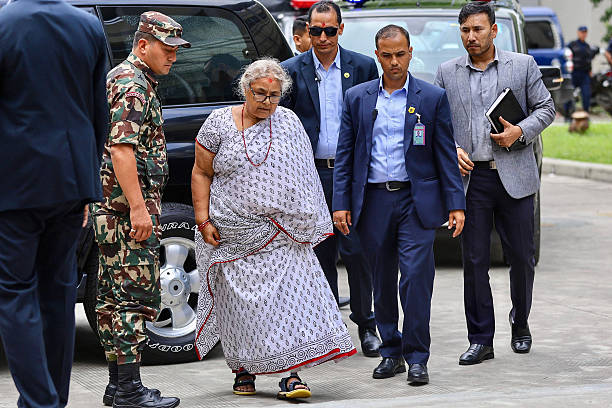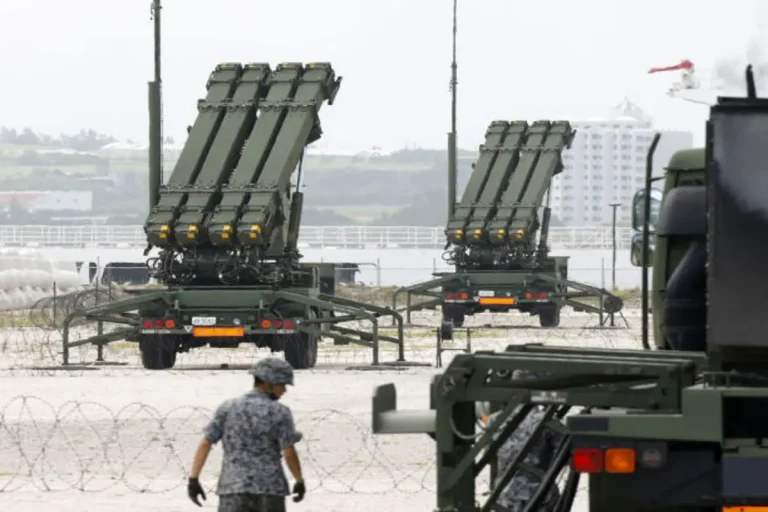
Rescue helicopter lands near Behsud district as emergency teams treat victims of Afghanistan earthquake.
The earthquake hit at 11:47pm in Kunar province near the border with Pakistan.
The tremor’s epicenter was located 17 miles northeast of Jalalabad in Nangarhar province.
Authorities said at least 622 people were killed and more than 1,500 others were injured by Monday morning.
The earthquake was shallow at only five miles deep, which increased its destructive impact.
Afghanistan earthquake rescue efforts intensify
Taliban-led health officials confirmed that medical teams from Kabul, Kunar, and Nangarhar had reached the devastated areas.
Sharafat Zaman, spokesman for the Ministry of Public Health, said several villages were “completely destroyed.”
He added, “The figures for martyrs and injured are changing. Medical teams have arrived in the area.”
He also warned that casualty numbers were likely to increase as reports from remote districts continue to arrive.
Rescue workers searched through rubble in Nur Gul, Soki, Watpur, Manogi, and Chapadare districts.
Survivors treated after Afghanistan earthquake
Hospitals in Kunar and Nangarhar admitted hundreds of patients with injuries ranging from fractures to head trauma.
Abdul Mateen Qani, another government spokesman, reported 610 deaths in Kunar alone with 1,300 injured.
He confirmed 12 additional deaths and 255 injured in Nangarhar province.
Emergency helicopters landed in Behsud district to transfer severely injured patients to Kabul for treatment.
Health workers described scenes of overcrowded wards as survivors awaited care.
Earthquake damage across Afghanistan
Many houses made of mud brick and stone collapsed instantly during the earthquake.
Entire families were trapped inside as walls gave way under the tremors.
Residents reported hearing screams through the night as aftershocks struck the region.
Afghans stood among ruins of their homes searching for relatives and belongings.
Several villages have been left without power and water supplies, worsening humanitarian needs.
Pakistan border shaken by Afghanistan earthquake
The tremor was felt strongly across the border in Pakistan’s Khyber Pakhtunkhwa province.
Residents of Islamabad, around 220 miles away, also reported buildings shaking for several seconds.
Border trade city Jalalabad, with an estimated population of 300,000, recorded severe damage in outlying neighborhoods.
Most structures in the area are low-rise and built with limited reinforcement, leaving them vulnerable to collapse.
Authorities said search teams continued to comb through flattened homes near the frontier.
Afghanistan earthquake follows recent floods
The disaster struck just days after floods in Nangarhar province killed five people and destroyed farmland.
Naqibullah Rahimi of the provincial health department confirmed 15 more people were hospitalized from the flooding.
Authorities said combined disasters had placed severe pressure on regional resources.
No foreign governments had reached out to offer rescue assistance as of Monday, according to a foreign ministry spokesperson.
International observers have compared the disaster to past quakes in the Hindu Kush seismic zone, where tectonic shifts frequently occur.
Afghanistan earthquake history
In October 2023, a 6.3 magnitude earthquake struck western Afghanistan causing thousands of deaths.
The Taliban government estimated 4,000 fatalities while United Nations data placed the toll closer to 1,500.
The region sits on the boundary of the Eurasian and Indian tectonic plates.
Experts say shallow earthquakes in this zone often produce catastrophic outcomes for rural populations.
Afghanistan remains one of the most earthquake-prone countries in Asia, with repeated disasters over recent decades.
International concern over Afghanistan earthquake
The United Nations and humanitarian groups expressed concern over the rising death toll.
Rescue workers have urged for international relief supplies including tents, blankets, and medical kits.
Global media reported that many of the affected families lost all shelter and belongings overnight.
The World Health Organization has previously classified Afghanistan as highly vulnerable to seismic events.
Observers say rebuilding efforts remain limited due to ongoing economic challenges and political isolation.
Further updates on the earthquake impact were expected as authorities reached cut-off districts by road and air.

